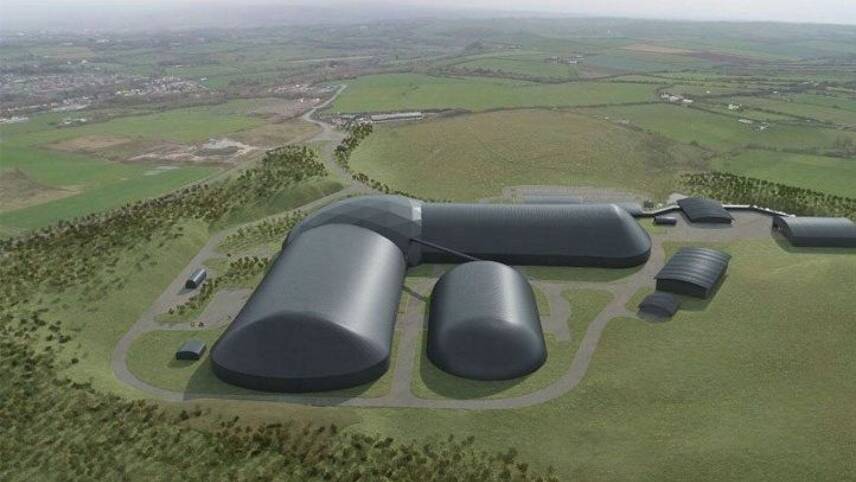Register for free and continue reading
Join our growing army of changemakers and get unlimited access to our premium content

The CCC claims that the mine is projected to increase UK emissions by 0.4 million megatonnes of CO2e annually
At the start of January, the UK Government said it would not intervene in Cumbria County Council’s decision to approve the deep coal mine in Whitehaven – the first facility of its kind to gain planning approval in 30 years.
West Cumbria Mining claims that the mine will be able to open 24 months after construction begins. It hopes to extract 2.5 million tonnes of coal from the undersea mine every year, for use in the UK and European steel industry. The company has said the mine will create 500 jobs and pay into a community fund for 10 years.
Critics of the project argue that it could stifle progress towards aligning the UK’s steel sector with the 2050 net-zero target. Globally, steel is accountable for around 7% of global emissions from fuel use. Researchers believe that a combination of electrification, energy storage, alternative fuels and circular economy innovations are needed to align the sector with net-zero. Carbon capture and offsetting are also being explored by some producers.
The Government’s own climate watchdog, the CCC, is the latest to object to the approval, writing to Secretary of State for the Ministry of Housing, Communities and Local Government, Robert Jenrick, warning him that opening the deep coal mine will increase global emissions.
“It is not the CCC’s role to act as a regulator or a planning authority, but we would urge you to consider further the UK’s policy towards all new coal developments, for whatever purpose,” The CCC’s chair Lord Deben said.
“I acknowledge that there are always interrelationships and trade-offs with wider objectives, including the notable increase in local employment expected from this commercial development. It is for Ministers to decide how the effort to reach Net Zero should be allocated across the economy, but it is also important to note that this decision gives a negative impression of the UK’s climate priorities in the year of COP26.”
The CCC claims that the mine is projected to increase UK emissions by 0.4 million megatonnes of CO2e annually. This would be greater than the CCC’s projections for annual emissions from all open UK coal mines up to 2050 when the net-zero target will need to be met.
The mine is projected to increase UK emissions by 0.4Mt CO2e per year.1 This is greater than the level of annual emissions we have projected from all open UK coal mines to 2050
“It is not the CCC’s role to act as a regulator or a planning authority, but we would urge you to consider further the UK’s policy towards all new coal developments, for whatever purpose,” The CCC’s chair Lord Deben said.
“I acknowledge that there are always interrelationships and trade-offs with wider objectives, including the notable increase in local employment expected from this commercial development. It is for Ministers to decide how the effort to reach Net Zero should be allocated across the economy, but it is also important to note that this decision gives a negative impression of the UK’s climate priorities in the year of COP26.”
Exporting issue
In total, 2,300 objections to the mine have been logged since 2017. Opposing groups include Friends of the Earth, WWF, Greenpeace, Extinction Rebellion (XR) and local residents’ organisation Keep Cumbrian Coal in the Hole.
The coal will not be used to generate electricity, given that coal-powered electricity generation must be brought offline by 2024. The environmental argument from West Cumbria Mining is that using locally sourced coal for steelmaking mitigates emissions from international transport; the sector currently imports around 45 tonnes every year from the US, Canada, Russia and Australia. WCM has also outlined plans for a carbon offsetting scheme.
However, the CCC claims that coking coal – a process of heating coal in the absence of oxygen – for steelmaking is also at odds with global climate commitments to reach net-zero. The CCC notes the coking coal for steelmaking beyond 2035 should only be used “if a very high proportion of the associated carbon emissions is captured and stored”.
Given that the first commercial carbon capture and storage project is expected to come online in the UK by the mid-2020s, it is unlikely this exported coal will align to efforts to limit global temperature increases.
Matt Mace


Please login or Register to leave a comment.